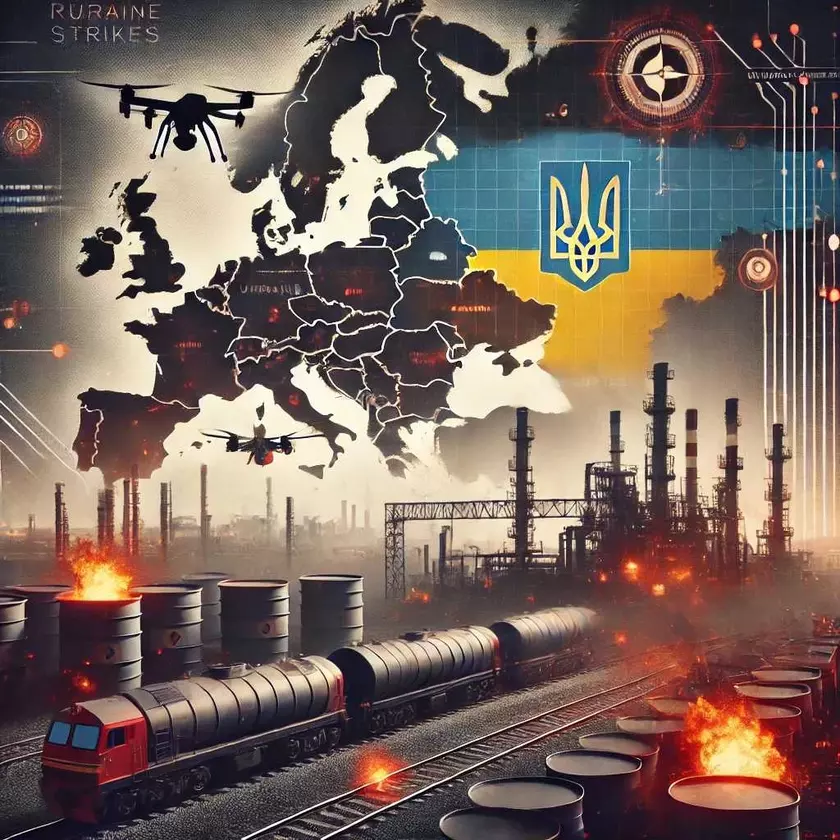How President Trump Could Bring Peace to Europe
Ukraine Strikes Russian Infrastructure
Ukraine has been hitting Russia where it hurts: its infrastructure. The goal? To disrupt Russia’s war machine and force a reevaluation of its aggression. Here’s the breakdown:
Energy Targets
Ukraine has gone after Russian energy assets—think oil refineries and supply networks. These strikes aim to choke off resources fueling Russia’s economy and military, adding internal strain.
Supply Line Disruption
Railways, bridges, and roads used to move troops and equipment? Fair game. Supply depots and command posts? Also hit. It’s about slowing Russia down and limiting its reach.
Precision Hits on Military Assets
From airstrikes on command centers to supply depot destruction, Ukraine’s pinpoint operations disrupt Russia’s battlefield coordination and logistics.
Cyber Warfare
Beyond the physical, Ukraine has hacked into Russia’s systems, crippling communications and command structures.
Deep Strikes into Russia
Ukrainian drones are now hitting targets deep within Russian territory, delivering a psychological blow and forcing Russia to shift resources to defend its own turf.
What Trump Could Do
If Trump steps into the mix, here’s how he might capitalize on Ukraine’s moves:
Diplomatic Leverage
Trump could use Ukraine’s success to push for peace talks, highlighting Russia’s vulnerabilities and offering a way out in exchange for concessions.
Economic Squeeze
Ramp up sanctions, especially on Russian energy exports. Secondary sanctions could hit those doing business with Russia, tightening the noose further.
Boosting Ukraine’s Military
More advanced weapons and intel sharing could enhance Ukraine’s ability to strike harder and smarter.
Rallying Allies
Trump’s deal-making style could galvanize NATO and other partners to tighten the diplomatic and economic vise on Russia.
Shaping the Narrative
Publicly hammer home Russia’s growing costs and vulnerabilities to stir dissent within Russia and bolster international resolve.
Bottom Line
Ukraine’s strategy is making life difficult for Russia. Trump has a real opportunity to bring about peace in Europe by capitalizing on these developments. With the right mix of diplomacy, economic pressure, and military aid, he could position himself as the leader who brokered an end to a devastating conflict. The time to act is now.

















